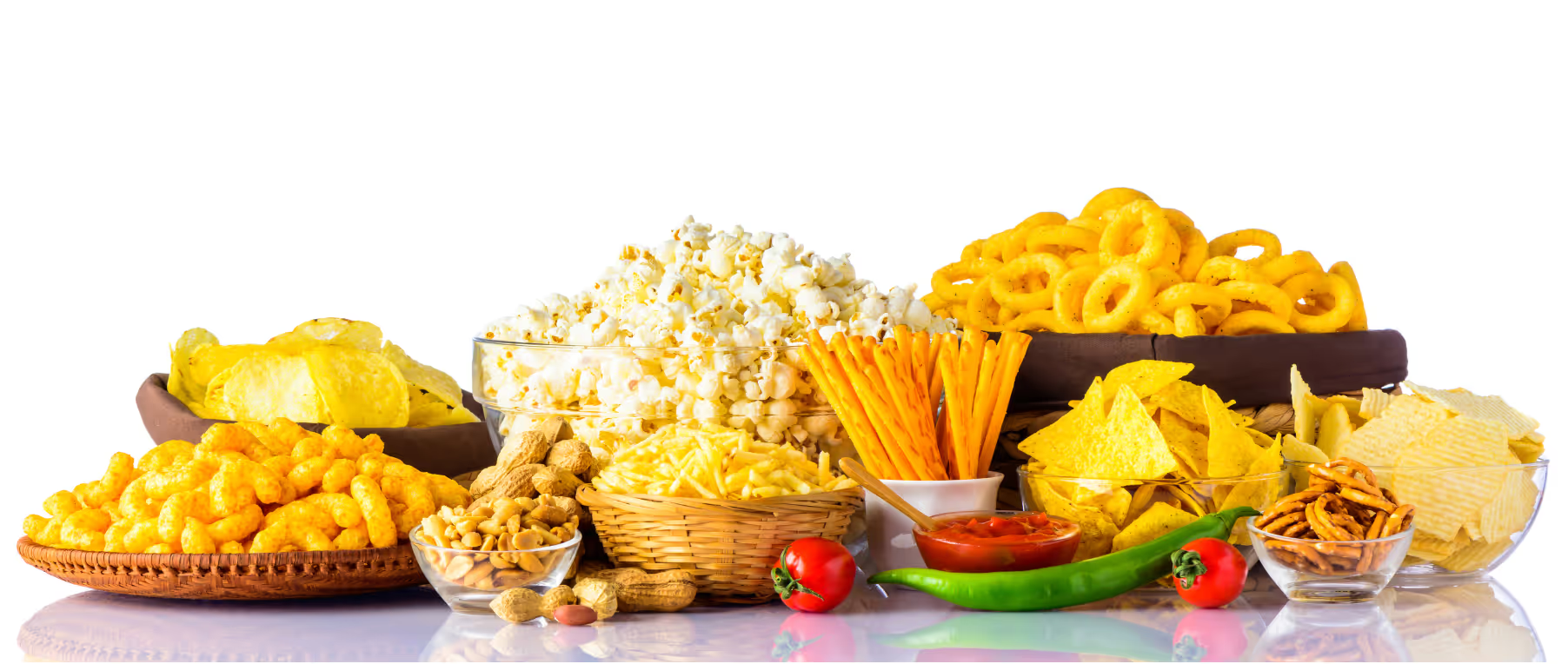Nourishing Your Noggin: Why Your Brain Cells Deserve the Best Fuel!
Medical Disclaimer
The content provided is for informational purposes only and is not a substitute for professional medical advice. Always consult a qualified healthcare provider for diagnosis, treatment, and personalized medical guidance. Individual health conditions and needs vary, and only a licensed medical professional can provide appropriate medical recommendations.

ADHD & Autism Spectrum Disorder: Improve disease outcomes:
- Eliminate Food additives and artificial substances associated with worsening both conditions.
- Probiotics and prebiotics improve gut/brain axis and nutrient absorption to fuel brain.
- Increase antioxidants: Omega 3 Fatty acid, Vitamin C and E all powerful antioxidants.
- Consider Modified ketogenic diet and gluten and casein free diet.
Cognitive decline/Aging/Alzheimer’s disease: Boost your Brain’s ability to repair:
- Eat whole foods not processed, Not inflammatory or synthetic foods.
- Spices and vitamins to slow aging: Turmeric, cinnamon, ginseng, sage, garlic, saron,
- Black pepper, Vitamin C and Vitamin E to help cells fight oxidative stress.
- Fast for 12 hours, don’t eat 3 hours prior to bedtime, avoid blue light 2 hours before bed.
- Get proper rest https://newsinhealth.nih.gov/2021/04/good-sleep-good-health
References
- Ye, M., Yang, X., Yan, J., Yao, Y., Lv, H., Yue, Z., Lin, X., Qian, C., & Liu, Z. (2025). Causal relationship between B vitamins and neuropsychiatric disorders: a systematic review and meta-analysis. Neuroscience and biobehavioral reviews, 106068. Advance online publication. https://doi.org/10.1016/j.neubiorev.2025.106068
- Długosz, A., Wróblewski, M., Błaszak, B., & Szulc, J. (2025). The Role of Nutrition, Oxidative Stress, and Trace Elements in the Pathophysiology of Autism Spectrum Disorders. International journal of molecular sciences, 26(2), 808. https://doi.org/10.3390/ijms26020808
- Hu, N., Yu, J. T., Tan, L., Wang, Y. L., Sun, L., & Tan, L. (2013). Nutrition and the risk of Alzheimer's disease. BioMed research international, 2013, 524820. https://doi.org/10.1155/2013/524820
Explore some of our
Other Posts
Stay Connected, Stay Inspired
Join our newsletter and receive curated insights, tips, and updates directly to your inbox.





